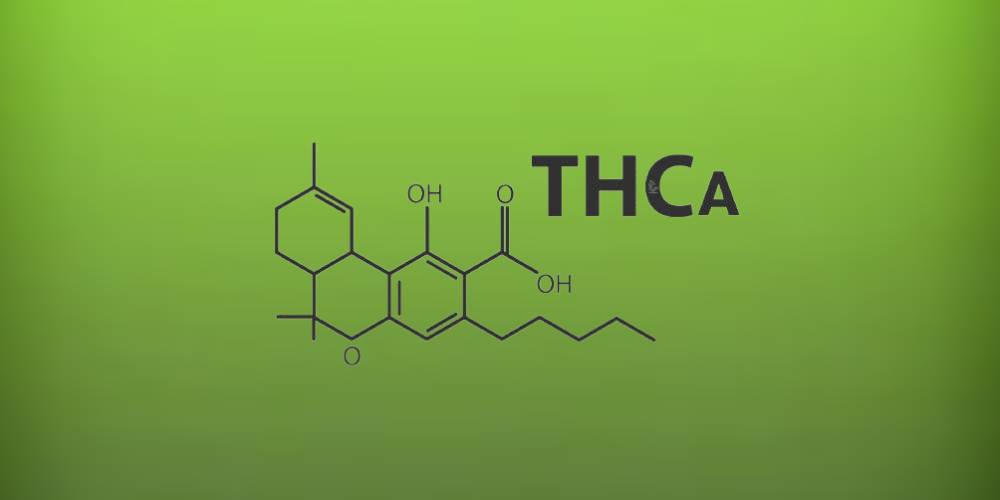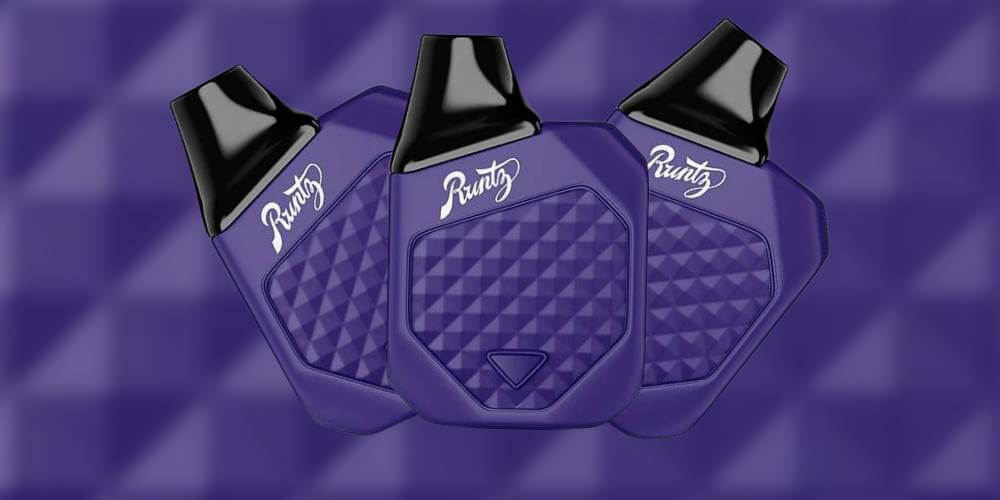THCA vs THC is the difference in a non-psychoactive cannabinoid versus a psychoactive cannabinoid. This distinction is not just a matter of academic interest; it has practical implications for users, medical patients, and enthusiasts alike. So, let’s unpack these two compounds, their differences, and what they mean for you.
The Basics of THC
THC, or tetrahydrocannabinol, is the most well-known compound in cannabis, primarily because it's the one that provides the psychoactive effects or the "high" that many users seek. When you consume cannabis in ways that involve heat, such as smoking or vaping, you're typically experiencing the effects of THC. It interacts with the body's endocannabinoid system, affecting mood, perception, and several physiological processes. THC's prominence in the recreational and medical cannabis market is undisputed, given its potent effects on pain relief, appetite stimulation, and in some cases, anxiety reduction.
The Unseen Power of THCA
On the flip side, THCA, or tetrahydrocannabinolic acid, is like the quiet sibling that doesn't seek the spotlight but has its strengths. It exists in the raw cannabis plant and is essentially THC's precursor. Without getting too deep into the chemistry, THCA converts into THC when exposed to heat, a process known as decarboxylation. However, in its raw form, THCA does not produce psychoactive effects, meaning it won't get you high. But that doesn't mean it's without its merits. Preliminary research suggests THCA has potential therapeutic benefits, including anti-inflammatory and neuroprotective properties.
THCA vs THC: The Effects
The primary difference between THCA and THC is their effect on the human body. While THC can alter your mind, making you feel euphoric, relaxed, or even introspective, THCA doesn't interact with the brain in the same way. This non-psychoactive nature makes THCA an intriguing compound for those interested in the therapeutic aspects of cannabis without the high.
Interestingly, the non-psychoactive nature of THCA also opens up new avenues for consumption. One area that's gaining attention is THCA vapes. These products allow users to inhale the benefits of THCA without combustion, meaning no conversion to THC and, consequently, no high. It’s a fascinating development for medical users or those curious about cannabis's health benefits without its psychoactive effects.

Among the THCA vape products, the runtz THCA vape has made a name for itself. It combines the potential therapeutic benefits of THCA with the unique flavor profile of the Runtz strain, known for its fruity, sweet taste. It’s a prime example of how the cannabis industry continues to innovate, offering products that cater to a wide range of preferences and needs.
Legal and Health Considerations
When talking about cannabis compounds, it's impossible to ignore the legal and health implications. THC's psychoactive properties mean it's heavily regulated or outright banned in many places. However, as laws evolve, so does access to THC and THCA, whether for recreational or medicinal use. Always check local regulations to stay informed and compliant.
From a health perspective, while THC has been more extensively studied, THCA's potential is just beginning to be understood. Both compounds have been linked to benefits like pain relief and reduction of inflammation, but they also carry risks. It's essential to approach cannabis use with an informed perspective, understanding your own health needs and consulting with a healthcare provider if necessary.
Final Thoughts
The world of cannabis is rich and varied, with each compound offering its unique profile of effects and benefits. The THCA vs THC discussion is more than just an academic debate; it represents the diverse potential of cannabis to cater to different needs and preferences. Whether you're drawn to the psychoactive journey THC offers or the subtler, non-psychoactive promise of THCA, there's no denying the fascinating complexity of cannabis. As we continue to learn more about these compounds, their roles in medicine, wellness, and recreation will undoubtedly evolve, offering exciting possibilities for the future.



